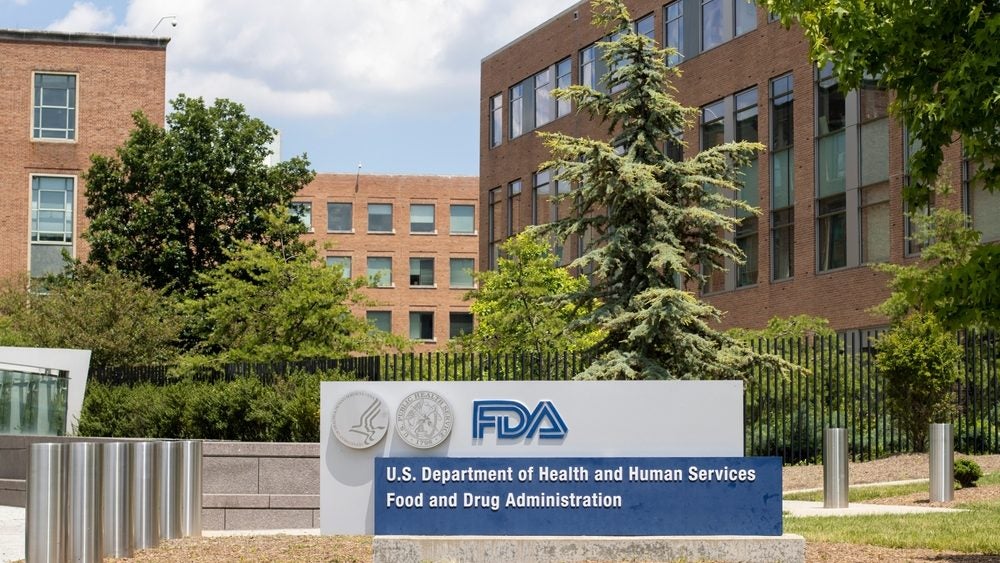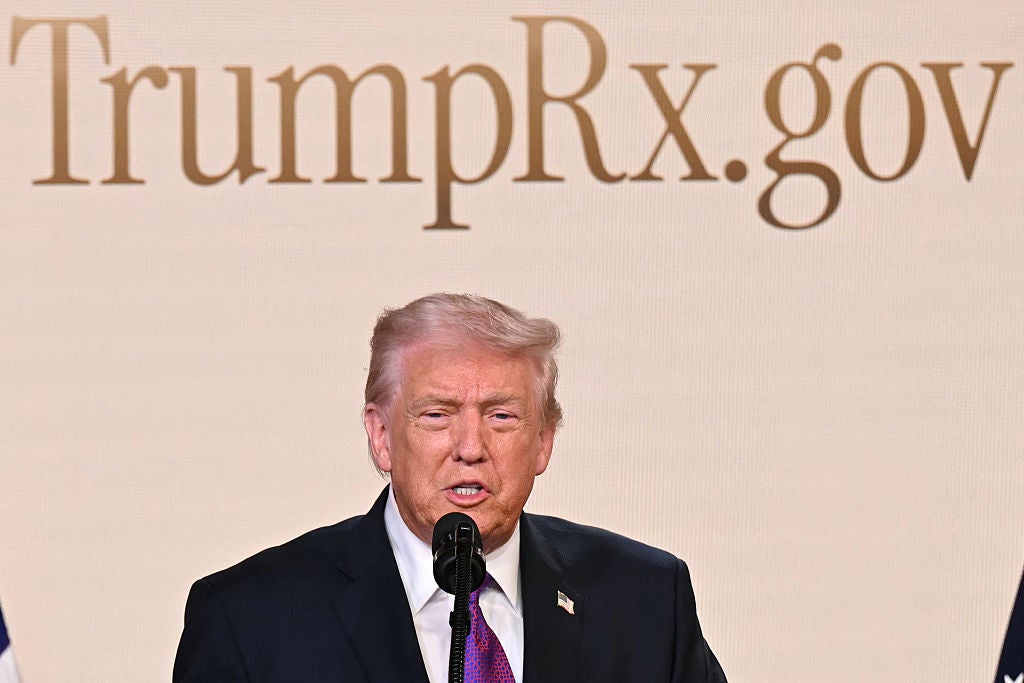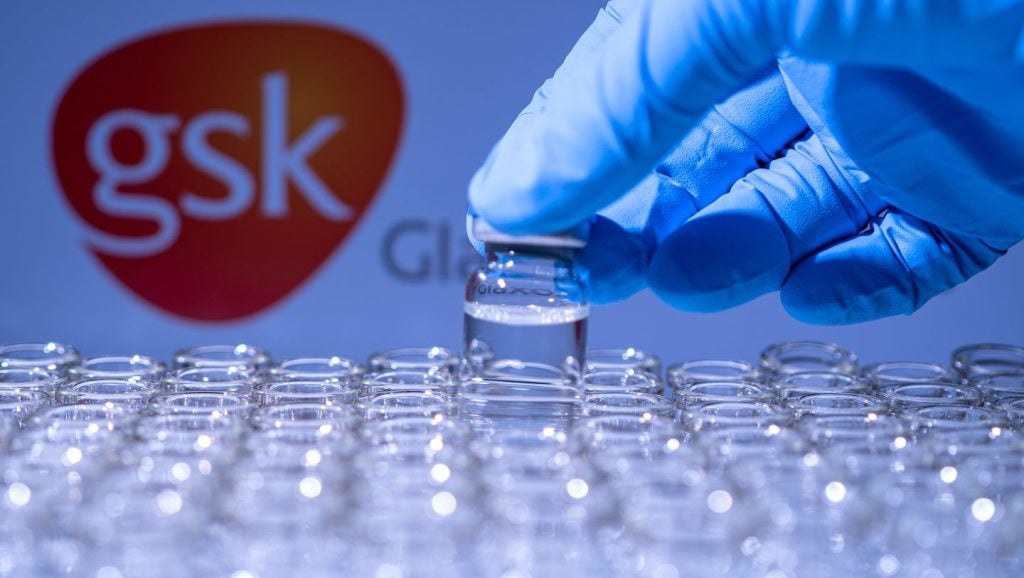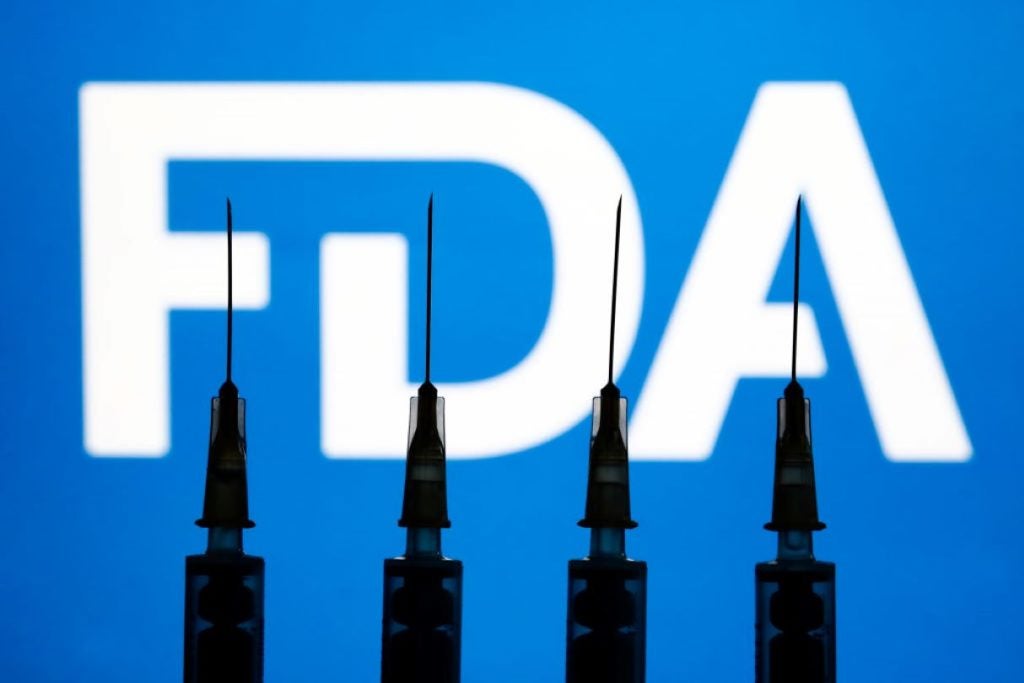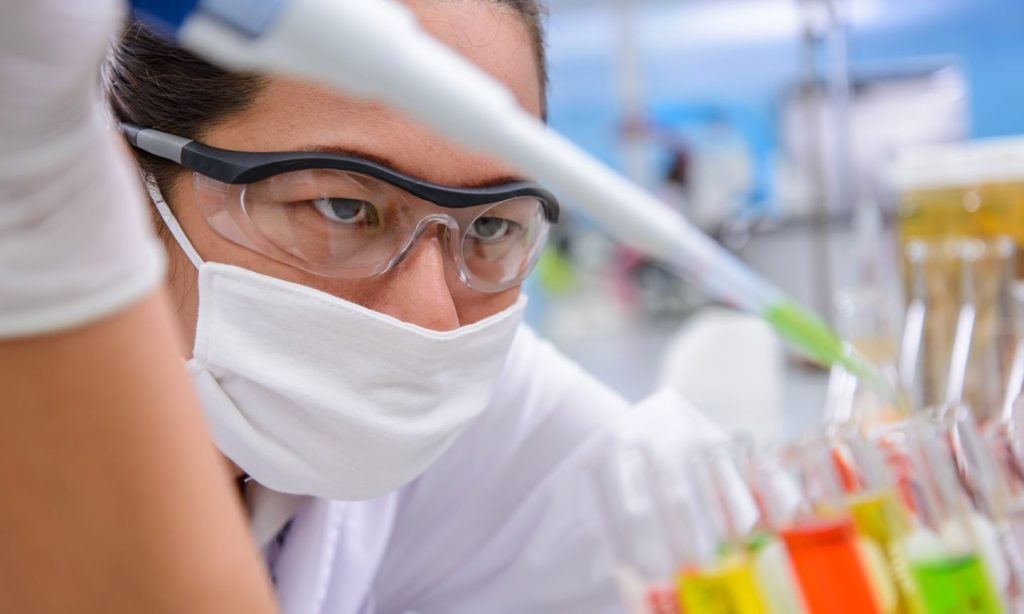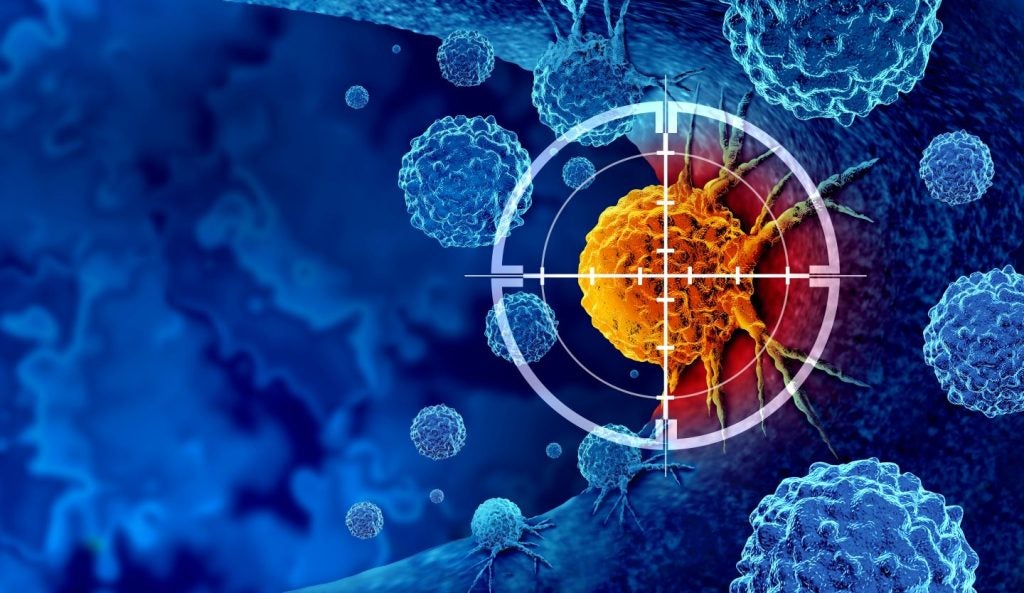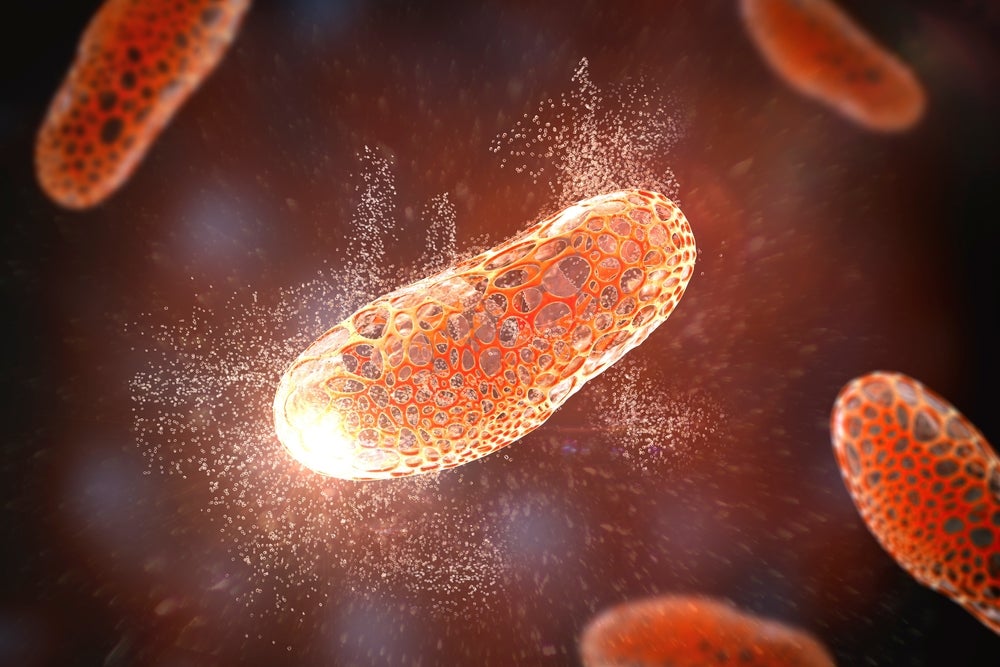Moderna and Myrtelle’s rare programmes will both be included in a pilot programme by the US Food and Drug Administration (FDA) that aims to accelerate the development of novel drugs and biological products for rare diseases.
Announced in September 2023, the Support for Clinical Trials Advancing Rare Disease Therapeutics (START) programme aims to expedite new drug development by providing sponsors with frequent advice and regular communication with the FDA to advance their programme as quickly as possible.
Moderna’s START programme evaluates mRNA-3705, an investigational therapeutic for methylmalonic acidemia (MMA) due to methylmalonic-CoA mutase (MUT) deficiency. The candidate is being investigated in a Phase I/II Landmark study (NCT04899310), designed to evaluate the safety and tolerability of Mrna-3705 administered via intravenous infusion (IV) in patients one year and older with isolated MMA due to methylmalonyl-CoA mutase (hMUT) deficiency.
Myrtelle is developing rAAV-Olig001 for Canavan disease (CD), a fatal childhood genetic disorder characterised by the collapse of white matter in the brain due to a mutation in the aspartoacylase gene (ASPA). This affects the creation of myelin, leading to a deficiency in the aspartoacylase enzyme.
The gene therapy is a new vector from a class of recombinant adeno-associated viruses (rAAVs) that selectively target oligodendrocytes, the cells in the brain that produce myelin.
It is being evaluated in a Phase l/ll clinical trial (NCT04833907) enrolling 24 patients with CD. It involves administering the gene therapy to patients using neurosurgical procedures, which involves direct administration of gene therapy to affected regions of the brain. Outcome measures for the open-label clinical trial include longitudinal clinical assessments and brain imaging.
In the announcement accompanying the acceptance, Myrtelle global regulatory affairs senior vice president Nancy Barone Kribbssaid: “Opening the lines of communications beyond traditional meeting pathways provides the opportunity to quickly address development issues that would otherwise delay progression to market application.”
Applicants had to meet certain criteria from the Center for Biologics Evaluation and Research (CBER), which has selected four participants for the pilot programme;, and the Center for Drug Evaluation and Research (CDER), which has selected three.
Earlier this week, Denali Therapeutics, Neurogene, Larimar Therapeutics and Grace Science all announced that programmes will be included in the pilot. Neurogene’s gene therapy NGN-401 is currently under investigation to treat Rett syndrome.


